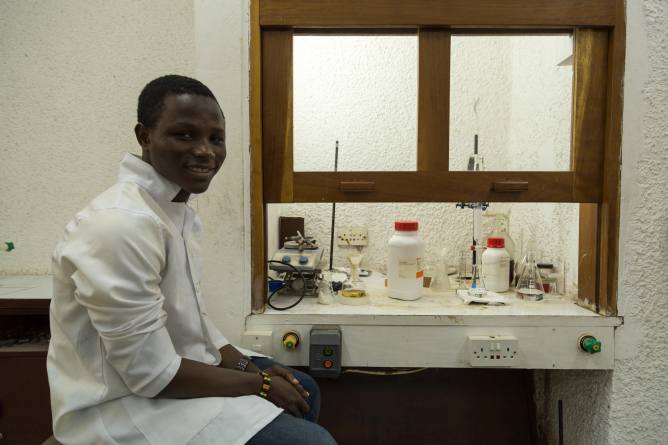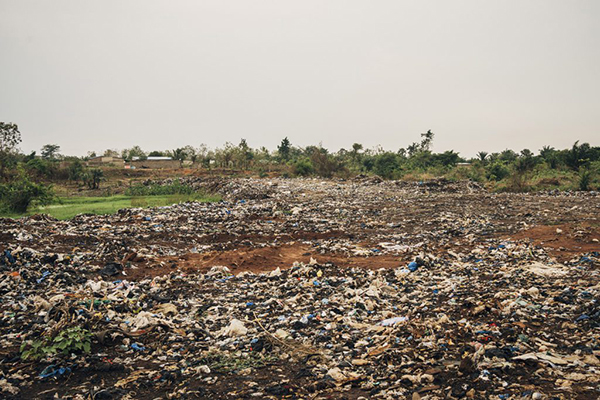In the African countries where we work – Côte d’Ivoire, Ghana, Togo, and Benin – social-distancing rules are being relaxed. Even though batches of vaccines from the COVAX fund are still arriving, only around 15% of the population of these countries has been vaccinated with the full dose. Herd immunity is still a chimaera.
A Catholic religious order has gone viral in Ghana by staging an awareness campaign to combat COVID-19 in the country. ‘Our campaign is encouraging many people to get vaccinated’, says Lucy, the mother superior of the Sisters of Mary congregation. And the fact is that in Ghana, just 15% of the population have had the full vaccination dose. The nuns insist that part of the success of their campaign is down to debunking the myths that exist around COVID-19 vaccines. Many believe the virus does not exist, of that the vaccine causes a whole series of dreadful side effects.
COVID-19 in western Africa: support from the U.S.A. and France
In Côte d’Ivoire, herd immunity is far from being a reality. With just 14% of the population with two doses, the Côte d’Ivoire government has just received generous help from the United States worth 9,350 million CFA francs, just over 15 million euros. Togo, with 13% of its population vaccinated, is also dependent of foreign aid in order to continue with its vaccination campaign. On 15 January 2022, 200,000 doses of the Pfizer vaccine arrived at Lomé airport from France as part of the COVAX initiative. Both countries have relaxed their prevention measures and sporting, cultural, and social activities with public participation have begun again, reserved for those persons who can provide valid proof of vaccination.
The consequences of COVID-19 on public health
Although it appears that COVID-19 is not causing serious problems in sub-Saharan Africa, other public-health problems have worsened due to the collapse of the healthcare systems. COVID-19 has eclipsed almost everything else. While all eyes were on the various waves from March 2020 onwards, other ‘waves’ have gone unnoticed. According to the United Nations Population Fund (UNFPA), teenage pregnancies have rocketed in sub-Saharan Africa.
For young African girls, lockdowns and the closure of schools have been devastating. There has been an unprecedented increase in sexual violence and unwanted pregnancies. A real pandemic in the shadows. As if this weren’t enough, the fight against other important diseases such as malaria, tuberculosis, NTDs, or HIV has slowed down.
Given this situation, we must continue to strengthen the weakest healthcare systems in sub-Saharan Africa so that, beyond COVID, other diseases and problems do not get left behind.






